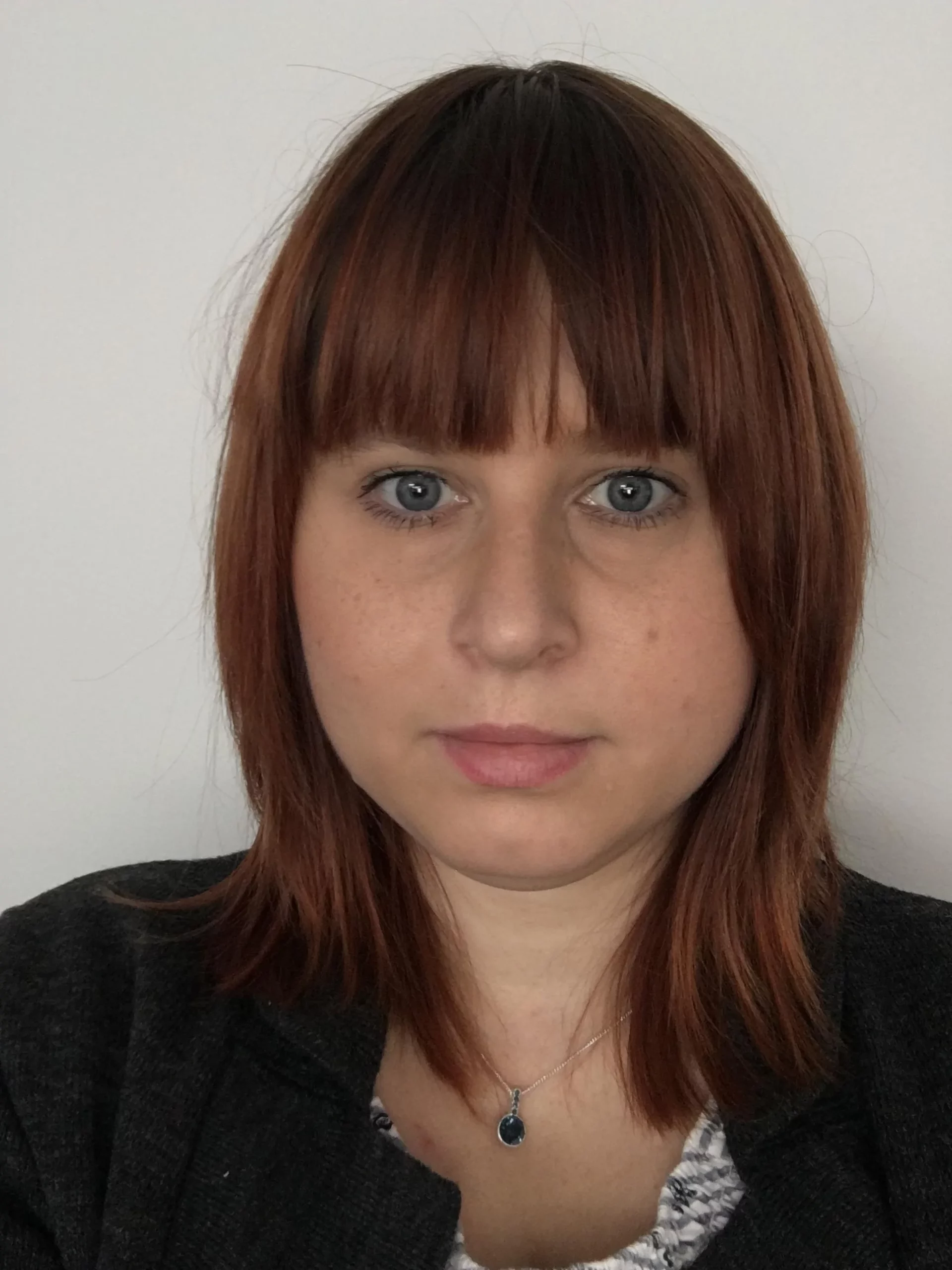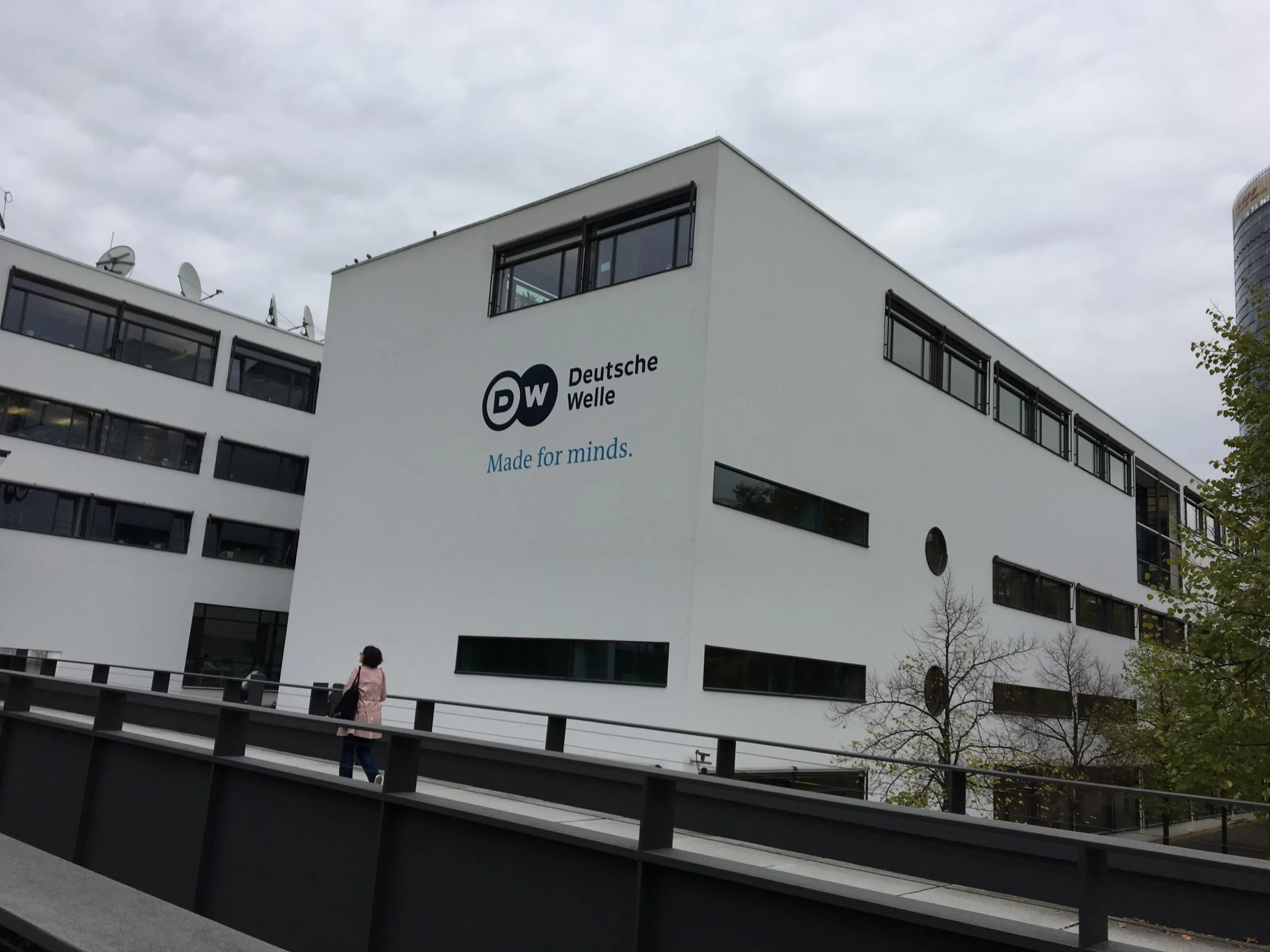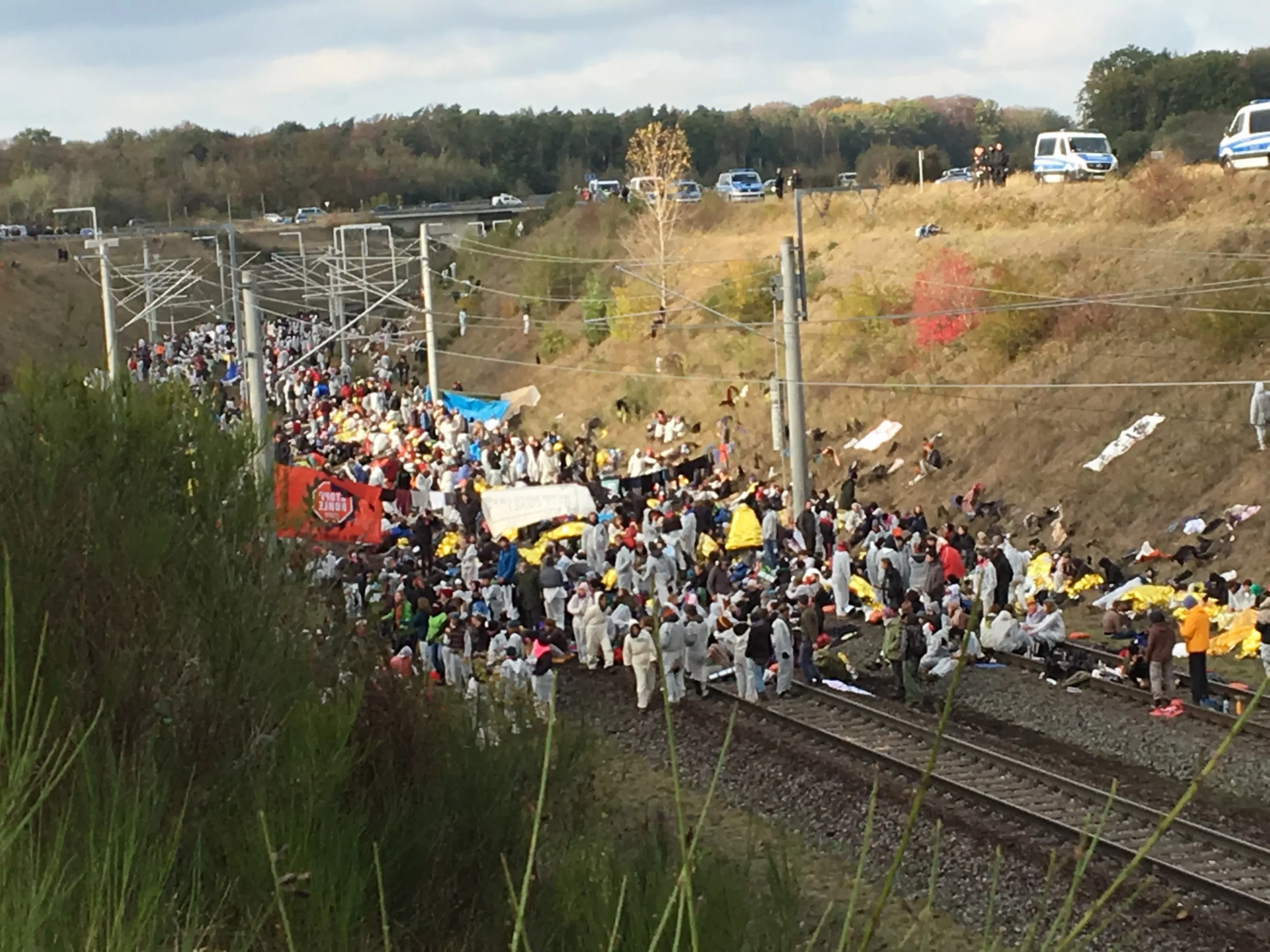The Green Rural Deal project aims to support municipalities in three regions of Greece, Kosovo* and Serbia to build up their transformative capacities and develop suitable solutions for a zero-carbon economy. Because sustainability strategy needs to build on reliable data down to regional and local level, the project engages with local stakeholders in these regions and offers a variety of capacity building opportunities.
The project team will support gathering and assessment of key socio-economic issues relevant for a transition to a zero carbon economy, based on knowledge gaps identified collectively with regional stakeholders. Among other things, GreenRuralDeal has invited regional stakeholders to co-create project ideas and concepts in a series of events and formats including this study trip to a rural region in Germany facing similar transformative change issues.
This first study visit from 27th of September until 1st of October 2021 will be to Lusatia (Lausitz), a region in the eastern part of Germany, where the stakeholder groups from all 3 target regions go on field trips, meet German counterparts, experts on regional development and government officials. They exchange with each other and with their German counterparts on challenges and possible solutions.
During the 5-day visit, the stakeholders will meet f.e. with representatives from the Ministry for environment (BMU) from the Division for Structural Change, with several majors from Lusatian cities as well as with a regional structural development agency. Moreover, the program also includes several workshops to gain a mutual understanding of challenges in rural areas and to develop ideas on possible interventions to overcome these challenges.



